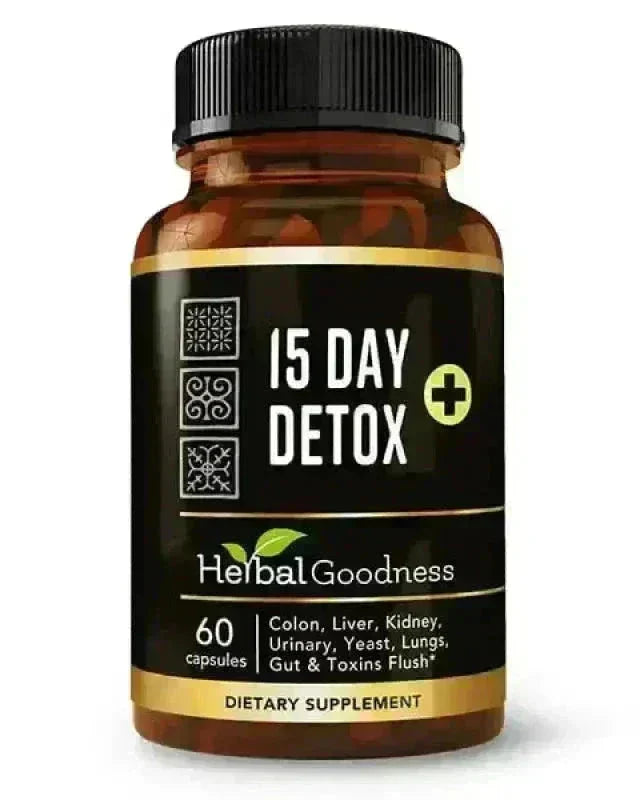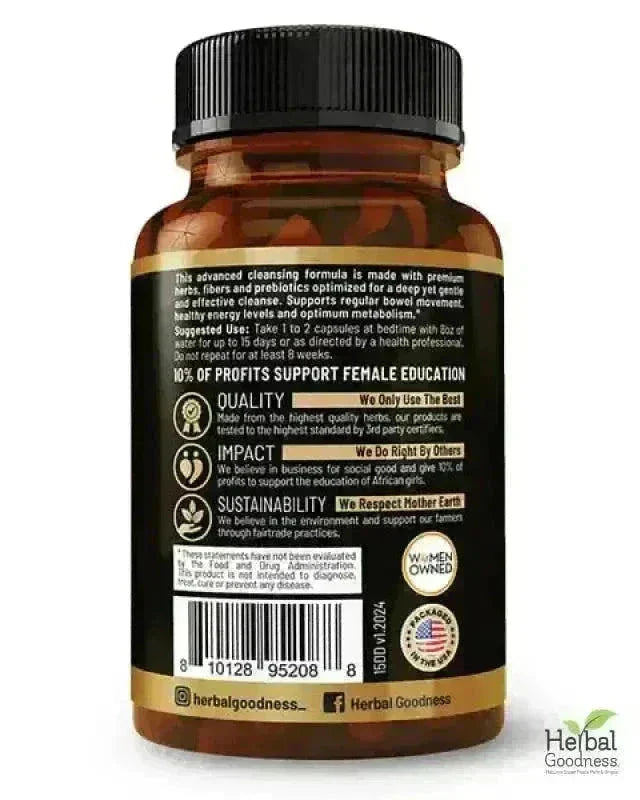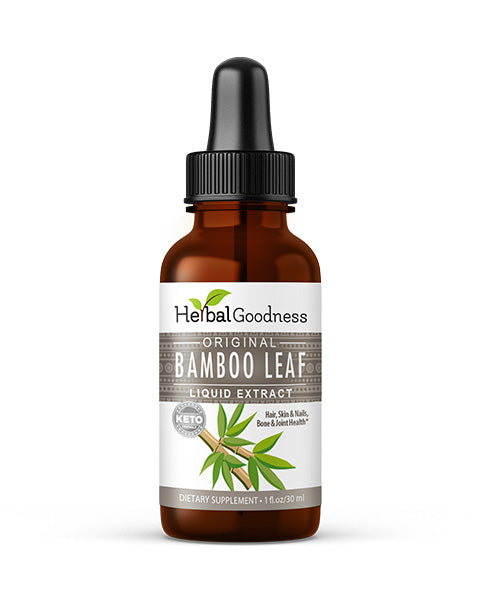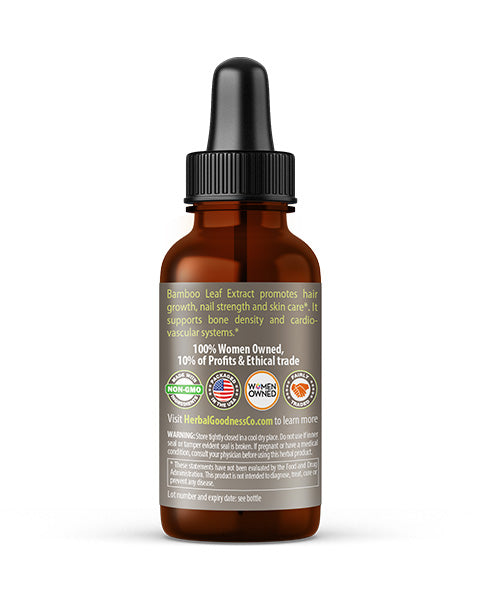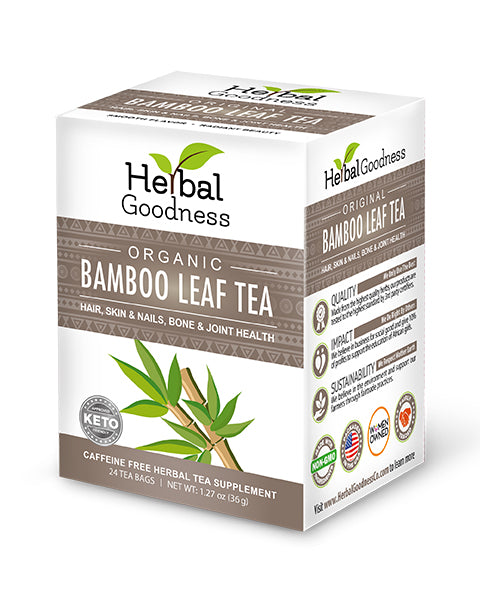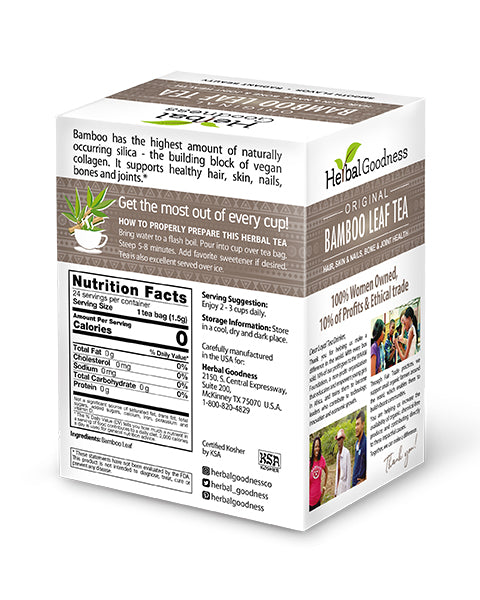Foods to Avoid When Platelets are Low| Herbal Goodness
Blood is made up of various cells surrounded by a fluid known as plasma. Red blood cells and white blood cells are two kinds of blood cells.
Blood cells called platelets (also called thrombocytes)
Platelets cluster together and form clots when your skin is wounded or broken. A lack of platelets in your blood means that your body cannot create a lump.
In science, low platelet refers to a lack of sufficient platelets. People with low platelet may feel no side effects, but serious issues may lead to death due to excessive blood loss.
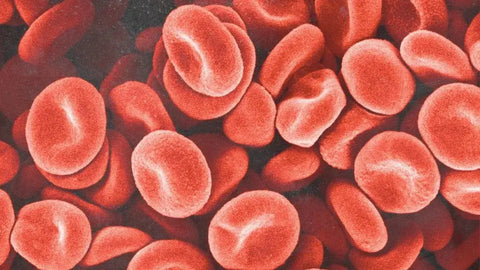
Low platelet may be brought on by several different things, including certain medications (such as blood thinners).
Even while no foods are presently "off-limits" for persons with low platelet, concentrating on a diet that supports optimal health may need lowered intake of specific foods.
Consider any additional health issues you may have while planning your menus. Inquire about foods to avoid depending on your health status
Foods to steer clear of include:
- fast food and other ultra-processed meals
- sugary meals and drinks, such as candy and soda
- bacon and pepperoni are two examples of processed meats
- deep-fried dishes, such as fried chicken and French fries
Concentrated Foods That May Interfere With Clotting
Some foods, such as red grapes, blueberries, garlic, onions, and ginger, may interfere with blood coagulation when ingested in excessive amounts. However, small quantities of these items shouldn't be harmful in most situations.
Ask your doctor about foods you should avoid if you're unsure.
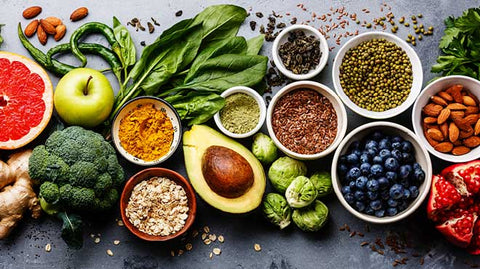
Foods rich in Saturated or Trans Fat
Avoiding harmful fats is sound advice for most of the population, those with low platelets should take extra care because of the use of certain medications. In addition, considering heart-healthy meals is advised.
Meat and high-fat dairy products include saturated fat, while trans fats may be found in processed goods whose ingredient lists have the phrase "hydrogenated" before a kind of oil.
Fatty or Processed Meats
In addition to potentially excessive amounts of saturated fat, fatty or processed meats also have a lower protein content and are generally high in salt. Your heart health may be jeopardized if you consume too much-saturated fat and salt. So steer clear of bacon, sausage, and other deli meats.
Refined Grains and Added Sugars
Refined grains and processed meals may be difficult to avoid, but they are more rapidly absorbed and lack the benefits of their whole-grain counterparts.
It's critical to keep added sweets to a minimum to maintain stable blood sugar and energy levels. In other words, by eliminating refined carbs, you're getting a health advantage in addition to cutting out added sugar.
Alcoholic Beverages
When dealing with low platelets, limit your intake of alcohol because of its well-known anticoagulant qualities.
Whether you need to abstain from alcohol totally depends on where your health is at and the health goal you have set for yourself. In some instances, individuals may be unable to drink at all. As a result, they should seek the advice of their doctor.

Coffee
Antioxidants included in coffee may have a slight anticoagulant effect. That's why it's essential to consult with a physician about how much coffee a person may drink - if any at all.
Natural Support for Blood & Platelet Health
Managing low platelet counts goes beyond avoiding certain foods, it also means
supporting your body with nutrient-rich, plant-based options. Herbal remedies have been trusted for centuries to promote balance, wellness, and vitality.
Our Papaya Leaf Extract – Organic Liquid – 16oz is crafted to support healthy blood function, digestion, and overall immune wellness. Rich in natural phytonutrients, it’s a clean, plant-based way to help maintain balance in your body.
Choose Herbal Goodness Papaya Leaf Extract today and give your body the natural support it needs for healthy blood and platelet wellness.
Read More: Boost Your Low Blood Platelets Naturally - Foods to Avoid | Herbal Goodness
ii Boost Your Low Blood Platelets Naturally! | Herbal Goodness




